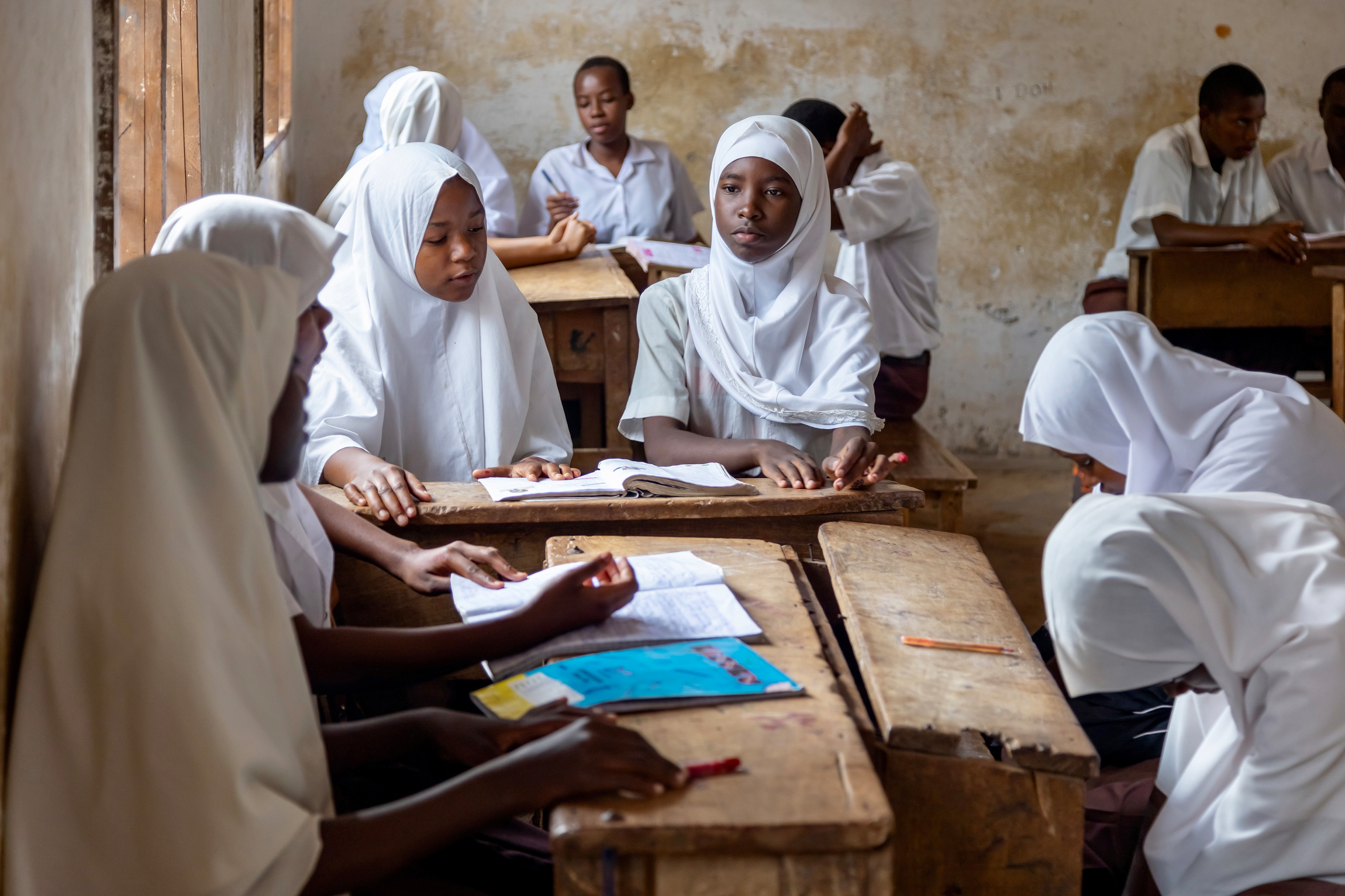
“Creating a world where people value each other regardless of their differences”: How values-based teaching is shaping education in Kenya
By collaborating with government, civil society, schools, and teachers, AKF has delivered the Values-Based Education approach to more than 900 teachers
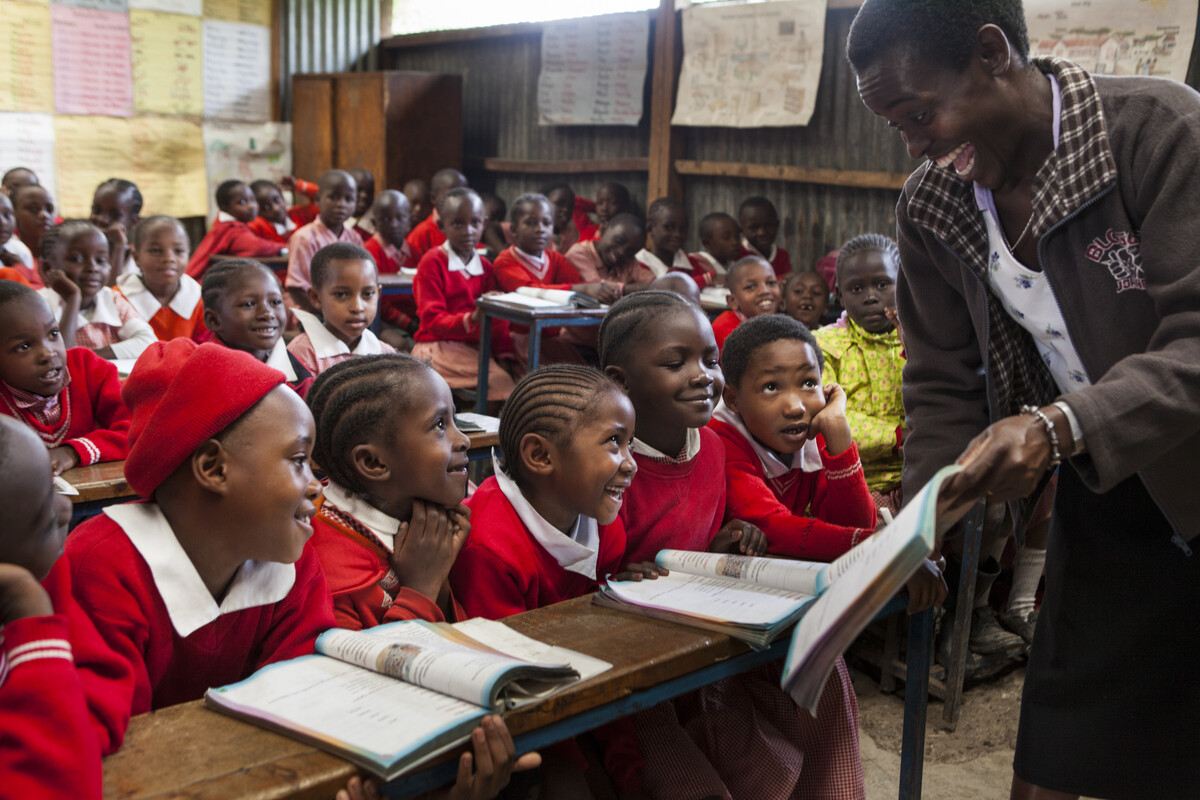
At the Aga Khan Foundation (AKF), we believe that teachers and school leaders should be at the heart of positive and inclusive educational change. Yet in many of the places where we work, educators have limited access to professional development opportunities, especially those which go beyond the day-to-day curriculum and enable teachers to explore their own attitudes, values, biases and relationships in and out of the classroom.
“I am now fully committed to teaching. I have taken it on as a personal responsibility, not just a task set by my employer.”
Mrs. Mwanakombo Popo – teacher from Mombasa
Mrs. Mwanakombo Popo has been a teacher for more than 22 years. She loves teaching and making a difference in her community by growing the knowledge of young learners. She’s one of 900 teachers who have completed AKF’s values-based teacher training across two of Kenya’s coastal counties, Mombasa and Lamu, supported by the LEGO Foundation.
Values-Based Education (VBE), delivered by AKF and members of local civil society organisations, enables participants to explore and reflect on their personal values and biases, their relationships with others, and their role as teachers and role models. The course uses diverse playful approaches, experiential learning, sharing and reflecting on experiences, guided collaboration, and the use of inquiry-based and project-based learning within their classrooms. The journey of VBE started in 2016 in partnership with Porticus, the Kenyan Institute of Curriculum Development, Global Centre of Pluralism, Dream a Dream, and Aga Khan Academies. The design process also engaged 10 schools and 200 teachers from across Mombasa and Kwale in the Coast Region to ensure VBE was deeply rooted in the Kenyan context.
Aisha Abeid, AKF Mombasa County Coordinator, explains how “VBE is a transformative journey that assists the teacher in becoming more aware of oneself, allowing them to be more empathetic and give the learner a sense of belonging.” Aisha has met many teachers through delivering the VBE modules and reflects how “supporting teachers through this process has been a very rewarding journey for me, as I have seen teachers who now believe more in their role as educators in providing an inclusive environment for their students.”
Based on evidence of change, AKF has expanded the VBE transformative process in partnership with Mombasa and Lamu County governments and the LEGO Foundation. To date, all teachers from a further 40 schools, with nearly 40,000 learners, have completed the three-module course and a further 80 schools have been enrolled in 2022.
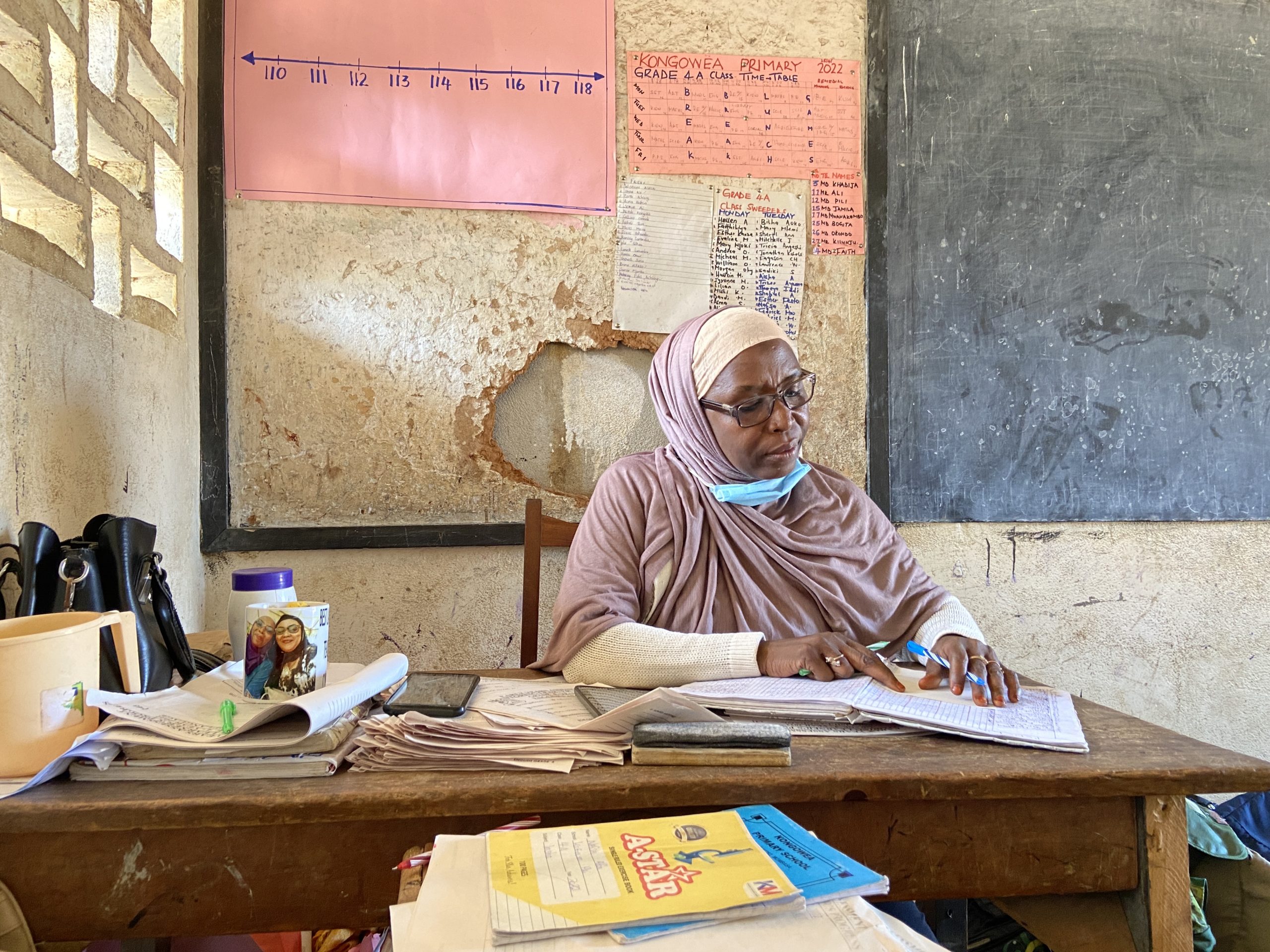
Mrs Mwanakombo Popo says that VBE has helped her understand more about herself and nurtured her listening skills. She admits that previously she stuck to compliance and simply delivered lesson plans, meaning that learning in her classroom wasn’t always fun. Since completing the VBE course, Mrs Popo encourages her learners to share more than just class work and has built strong social bonds within her classroom. “I am now fully committed to teaching. I have taken it on as a personal responsibility, not just a task set by my employer.”
Mrs Popo has been working on designing a more inclusive, playful classroom community and environment. By embracing learner needs Mrs Popo now supports children to read at their own pace based on their ability, rather than pushing everyone to read at the same level, or through more interactive approaches like Think, Pair, Share, an approach that enables learners to think alone, discuss with a partner, and then share their thoughts to the whole class. This, Mrs Popo reports, has greatly improved self-esteem and active participation in her classroom.
Earlier this year, Faridah Ally – a VBE facilitator from Mombasa – spoke to Mrs Mwanakombo and two other teachers who have been through the VBE process and learnt about the impact it has had on their learners, their classrooms, and themselves.
“The relationships that have been built and strengthened by VBE will go a long way in making us better people, full of empathy, understanding and open to new ideas as we create a world where people value each other regardless of their differences.”
Rachael Sure – teacher from Mombasa
Rachael Sure is a teacher and co-deputy head of her primary school in Mombasa. Rachael’s experience of VBE is positive – she says the sessions have transformed her personally and has strengthened her relationships with her colleagues, her learners, and the people around her at home too.
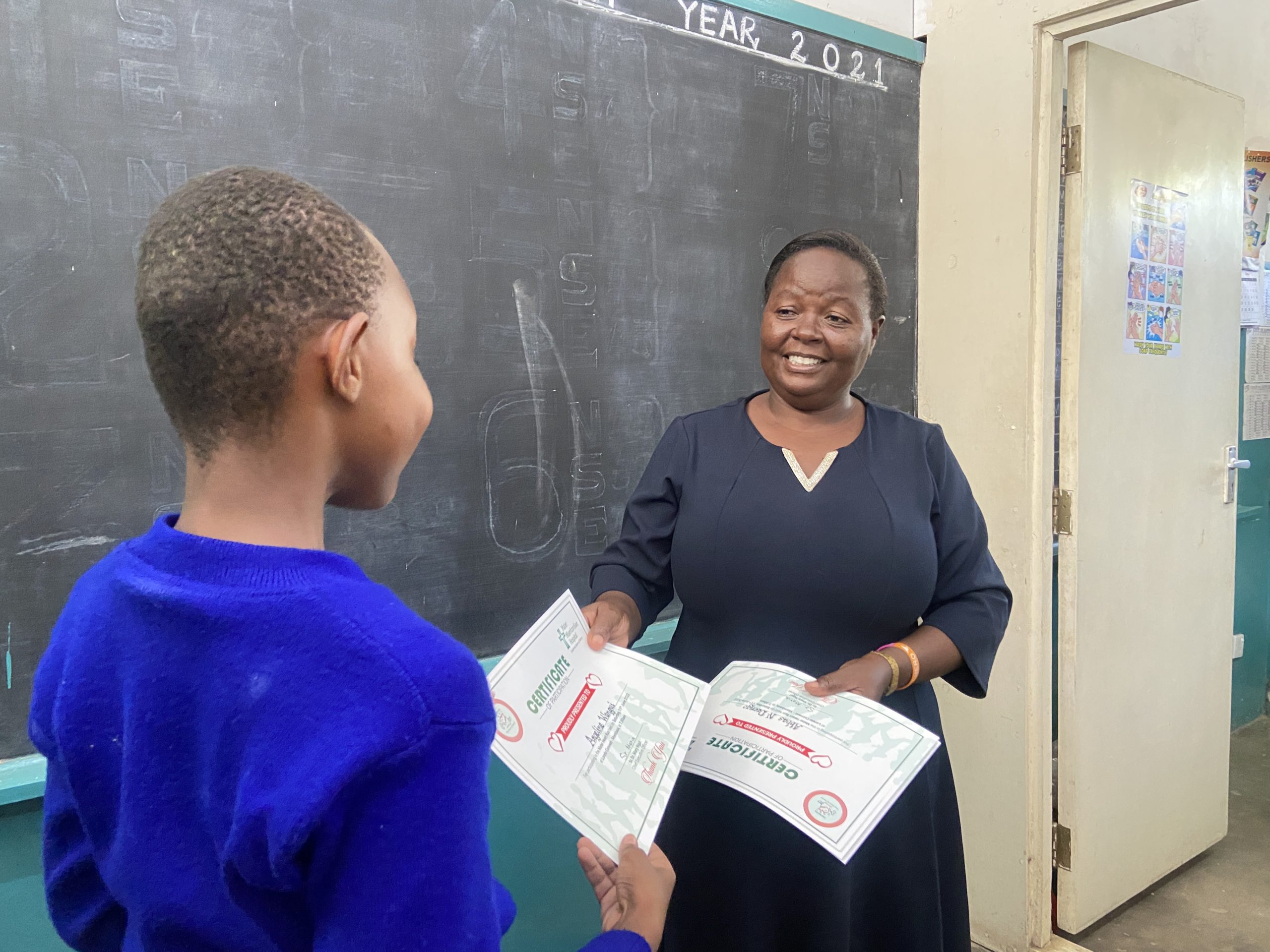
Rachael says, as a teacher, she thought her role was simply to teach, but she has since realised that teachers have many more roles to play in the classroom and their community. A few days after completing the VBE modules she stopped to speak to a young deaf boy who was begging in the street; she learnt how his family did not send him to school because of his disability. She spoke to his father and encouraged him to send his son to a specialist deaf school. The boy is now progressing well in school and Rachael is well-respected in the community following her humble act. Rachael credits the empathy and open mindedness she experienced and developed through the VBE process. “The relationships that have been built and strengthened by VBE will go a long way in making us better people, full of empathy, understanding and open to new ideas as we create a world where people value each other regardless of their differences,” she says.
Rachael’s commitment now extends beyond her classroom duties having recently established a second-hand clothes initiative at her school where staff, students, and parents can donate uniform and clothing for those who struggle to afford these. This is benefitting the entire community, with one of her students admitting that their parents can now find more work because of the clothes they collected from the school.
Lenah Syombua has been teaching for 12 years. Following the VBE workshops Lenah says how she is more relaxed at work and collaborates closely with her colleagues to ensure their classrooms are playful and more learner centered. Before, she says she was quick to raise her voice, but now she’s patient and tolerant of the different abilities and personalities in her classroom.
“These changes would not have happened if it wasn’t for VBE. It has helped us feel more relaxed and now we look forward to coming to work. We talk more freely and give each other a listening ear.”
Lenah Syombua – teacher from Mombasa
Like Ms Popo, Lenah is also creating more inclusive and playful learning experiences by enabling her learners to express themselves in different ways. Lenah says how she now provides time and space for children who prefer to tell stories through art to have this opportunity. Also, having experienced the power of collaboration in the VBE workshops, Lenah is determined to enable her students to realise this power through more purposeful and regular group work.
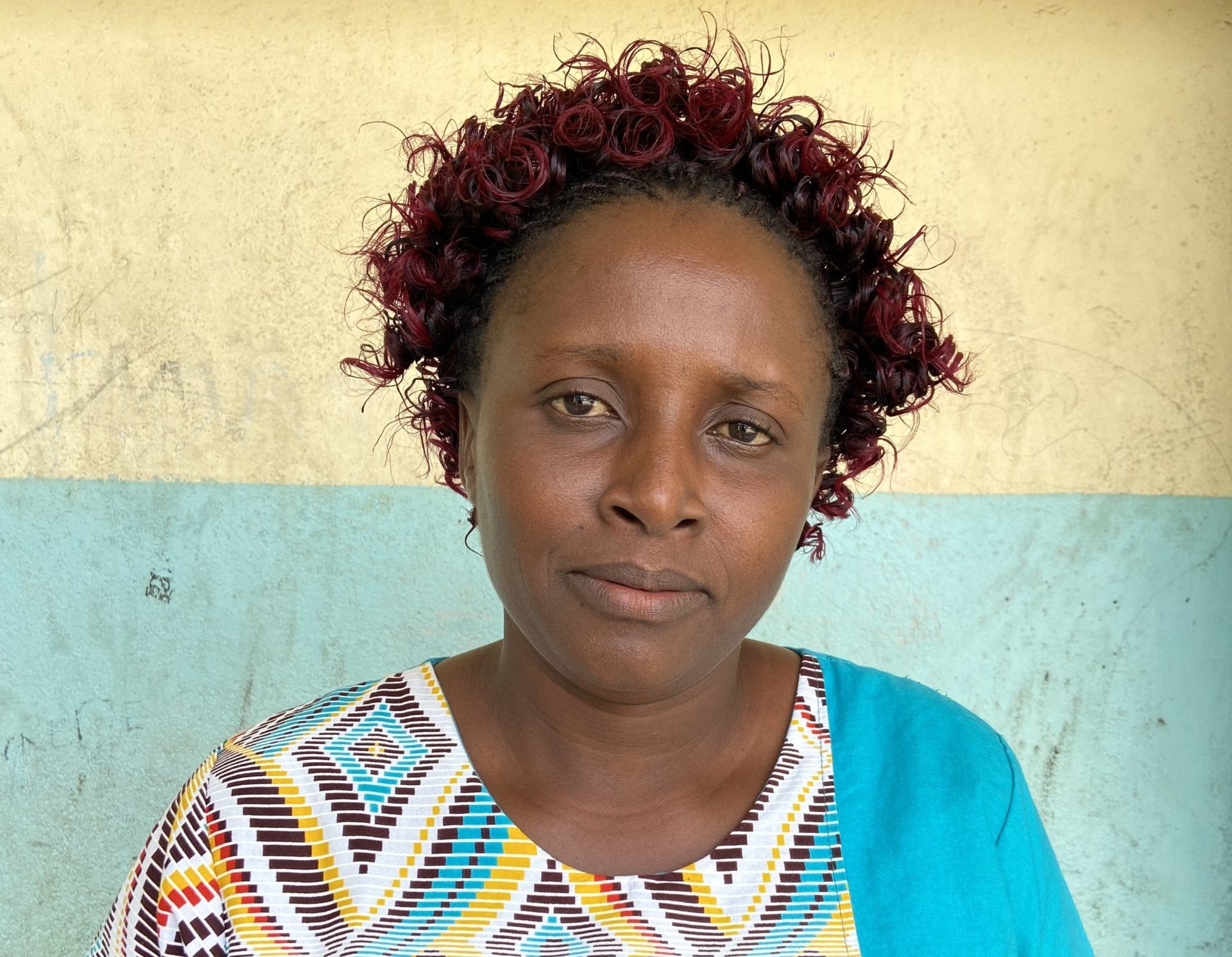
The experience has strengthened Lenah’s relationships with her colleagues; they have more fun at work and enjoy each other’s company more. “These changes would not have happened if it wasn’t for VBE,” she explains, “It has helped us feel more relaxed and now we look forward to coming to work. We talk more freely and give each other a listening ear.”
As a result of the success of VBE in Mombasa and Lamu, AKF collaborated with UNHCR to deliver a pilot in Kakuma and will be expanding this approach to two more counties on Kenya’s Coast Region, Kwale and Kilifi, as well as to Uganda in partnership with Global Affairs Canada.
This article was co-written by Faridah Ally, a youth leader and VBE trainer from Mombasa, and Kerensa Keevill, Digital Content and Communications Officer at AKF.
Related News & Stories


The Indian Ocean: How can coastal communities adapt to a rapidly changing environment?
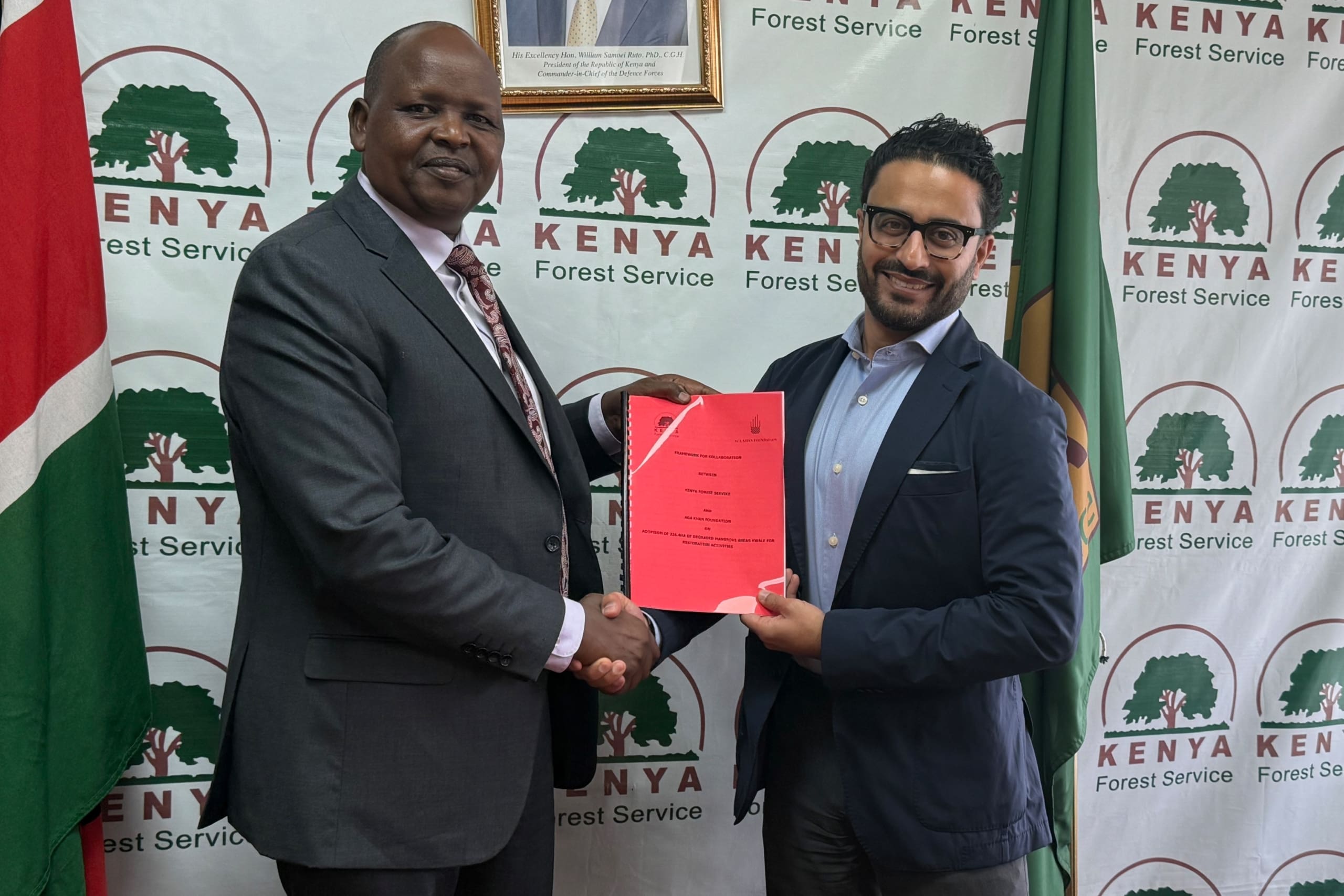
AKF to restore 226 hectares of mangroves in Kenya’s Gazi Bay
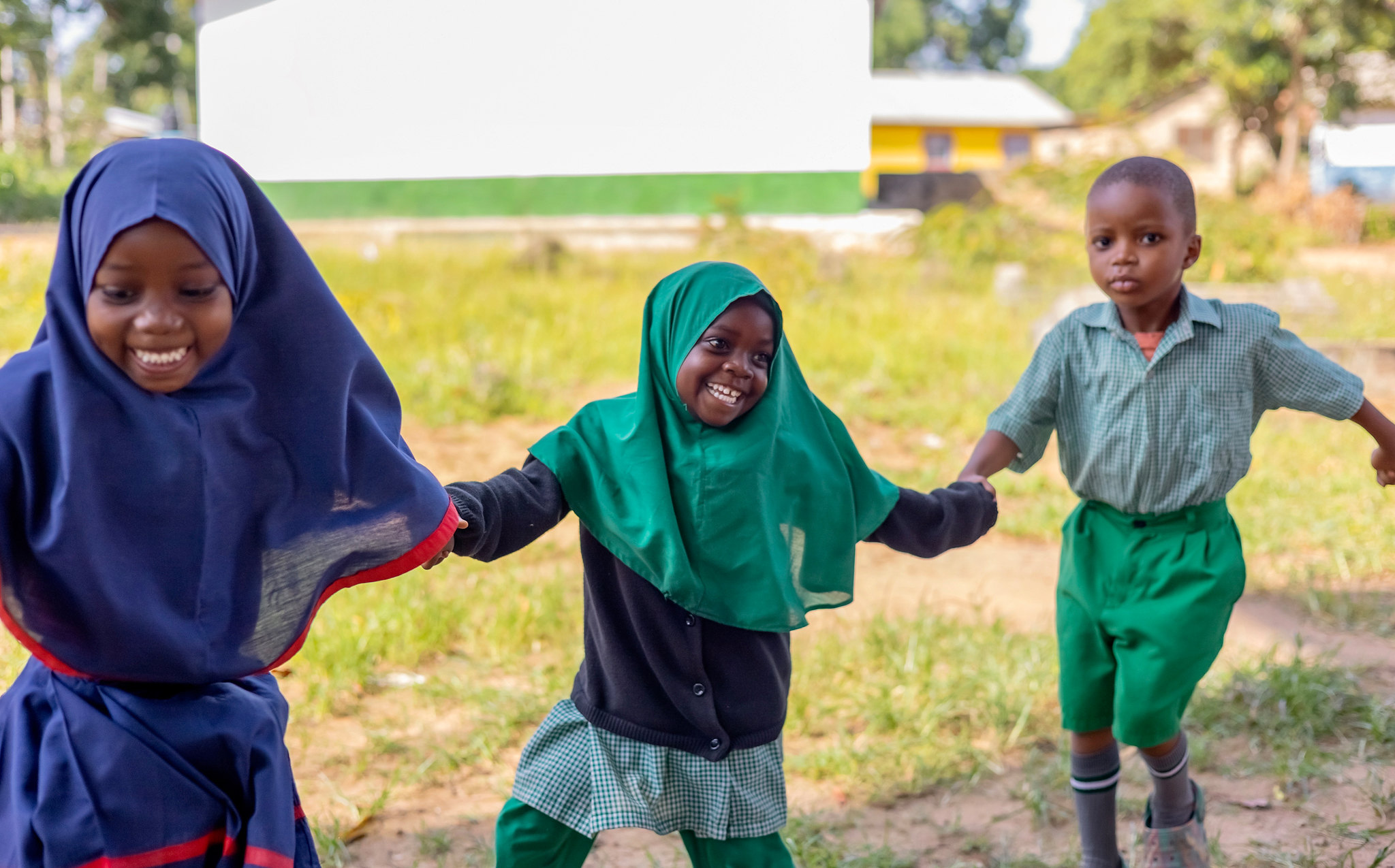
AKF and Bezos Family Foundation expand partnership to boost early childhood development in Asia and Africa
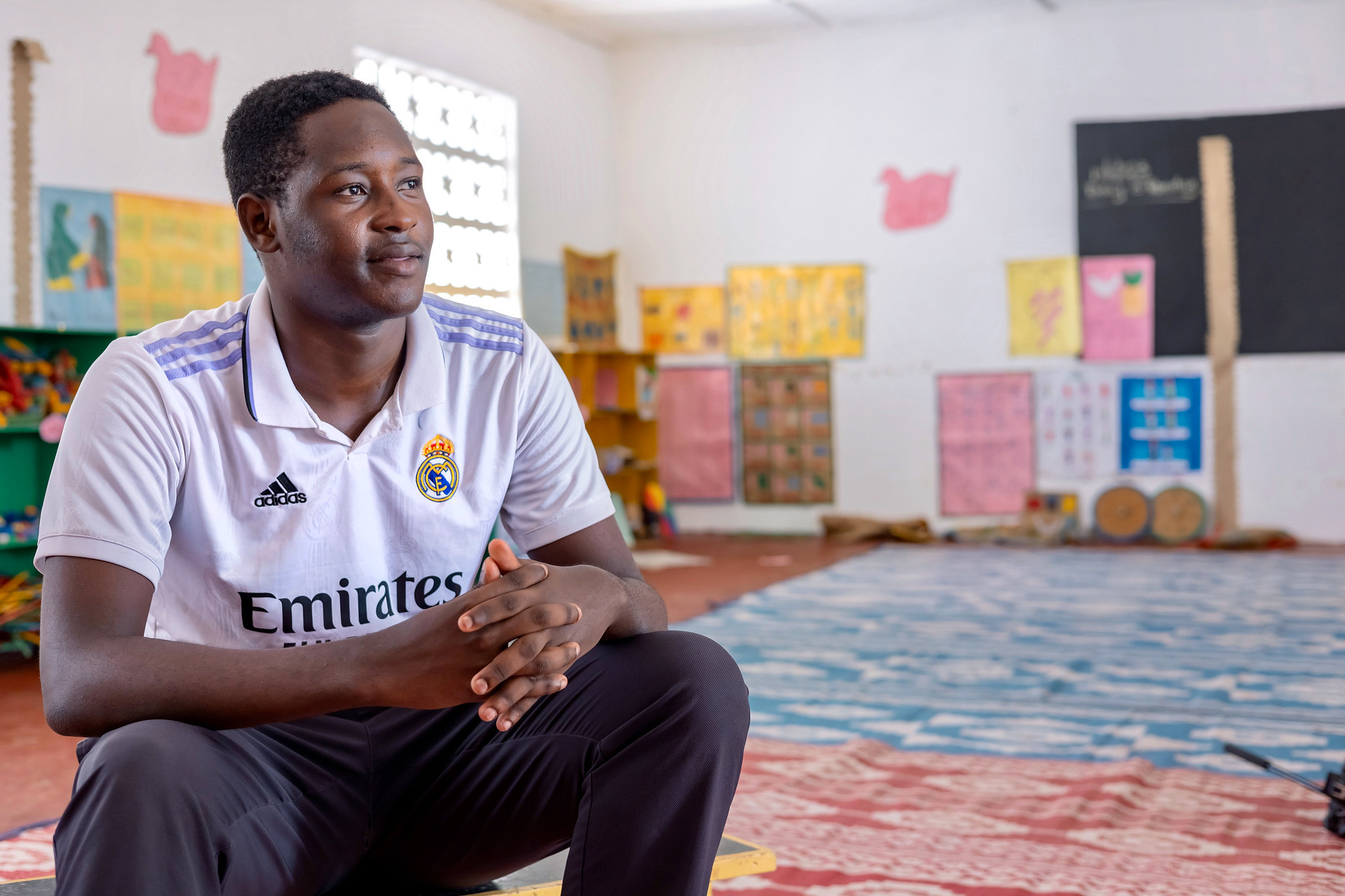
The graduate: Meet Mwinyi in Kenya
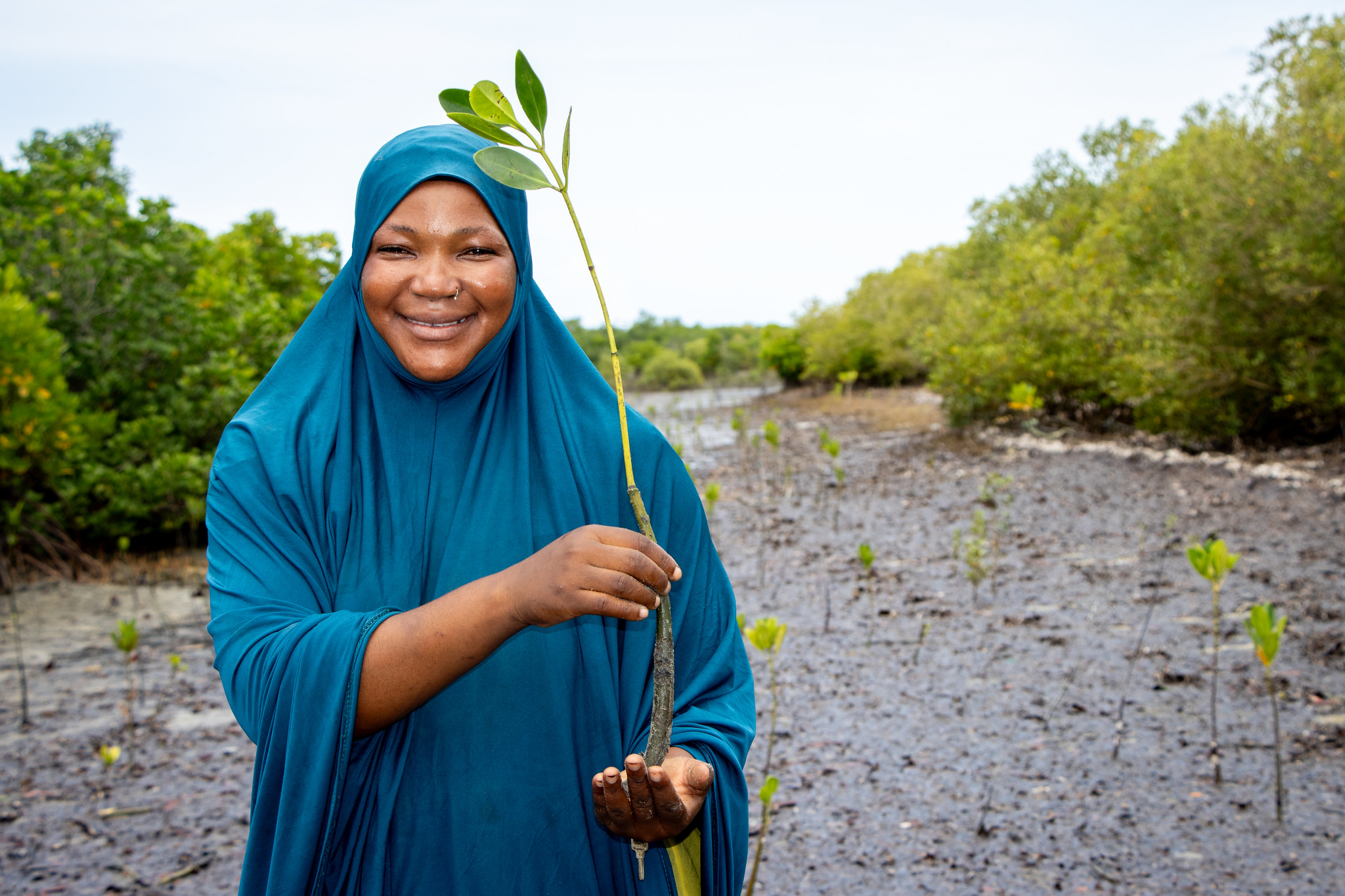
What are Nature-based Solutions?

Support our work Your donations are helping us build a future where we all thrive together.